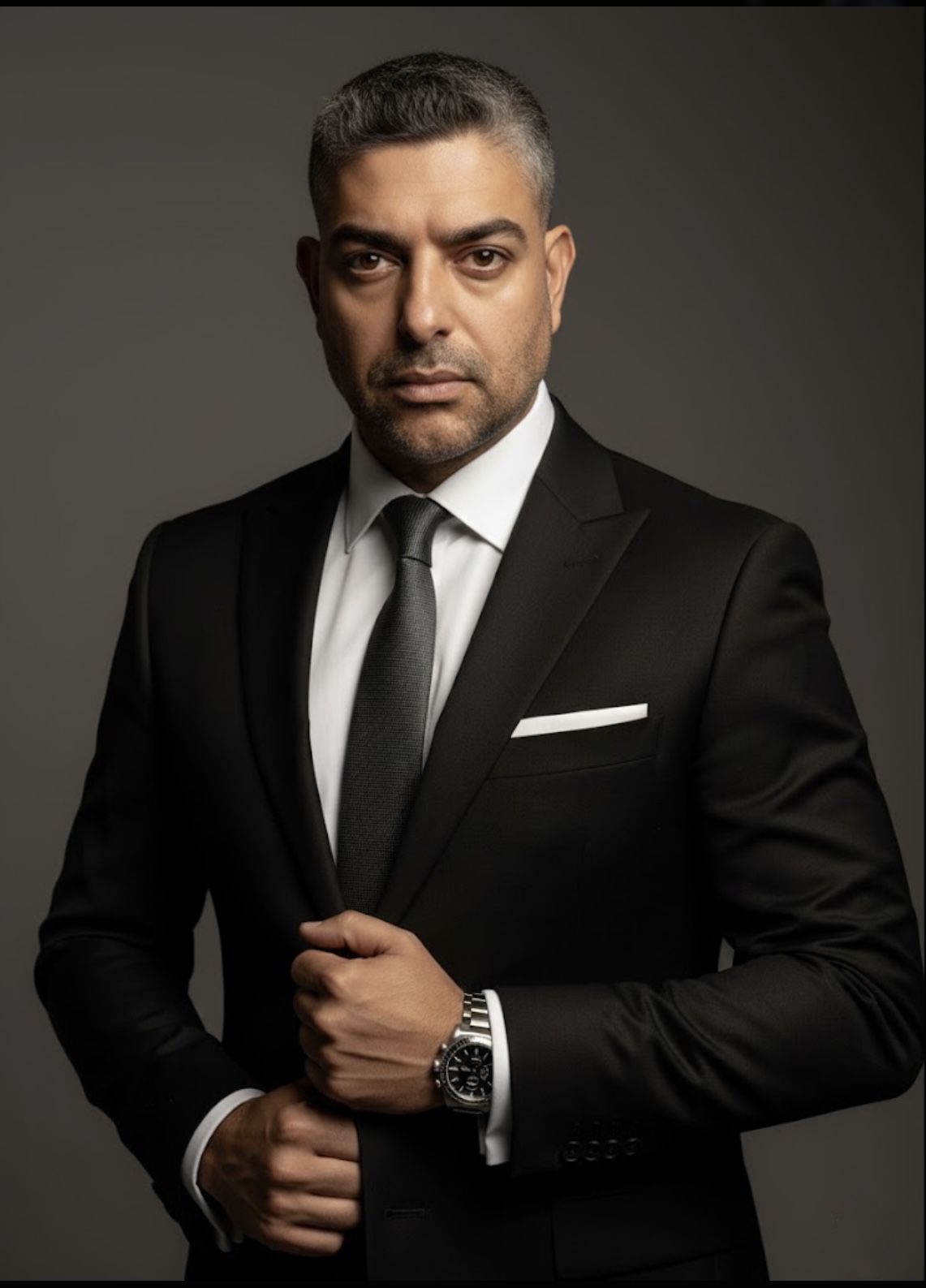Navigating Modern Masculinity: "A Man's Journey in A Complex Society"
- Damien Blaauw

- Feb 5, 2024
- 4 min read

As I sit down to reflect on my experiences as a man in today's society, I can't help but feel the weight of expectations pressing down on my shoulders. Growing up, I was taught to be strong, resilient, and unyielding in the face of adversity.
Qualities, I was told, were the hallmarks of true masculinity, but as I've journeyed through life, I've come to realize that the reality of being a man is far more nuanced and challenging than I ever imagined.
Society has long painted a picture of masculinity that is rigid and uncompromising. Men are expected to be providers, protectors, and pillars of strength for those around them. We're told to suppress our emotions, to never show vulnerability, and to always maintain an air of stoicism, regardless of what we may be feeling inside. It's a narrative that has been ingrained in us from a young age, shaping the way we view ourselves and interact with the world, but what many fail to acknowledge is that men, too, are human beings with a rich tapestry of emotions and experiences.
We feel joy, sorrow, fear, and love just as deeply as anyone else. Yet, expressing these emotions is often seen as a sign of weakness, a deviation from the stoic ideal of masculinity that society holds dear, and so, we internalize our feelings, burying them beneath layers of bravado and false confidence, lest we be seen as less than the men we're expected to be.
The pressure to conform to these narrow standards of masculinity can be suffocating at times. We're bombarded with images of the 'ideal man' in the media – strong, handsome, and unwavering in the face of adversity, but the reality is that no one can live up to such lofty expectations. We're human, flawed and imperfect, and yet we're constantly striving to meet an unattainable standard set by society.
Moreover, the way men are perceived in modern society only adds to the complexity of navigating masculinity.
We're often portrayed as aggressors, perpetrators of violence, and oppressors of women. It's true that there are men who embody these traits, they are by no means representative of the entire male population. We unfortunately find ourselves continually tarred with the same brush, forced to bear the burden of collective guilt for the actions of a few.
It's a vicious cycle, one that perpetuates harmful stereotypes and perpetuates a toxic culture of masculinity.
Men are taught to compete with one another, to assert dominance at all costs, and to never show weakness or vulnerability, but in doing so, we lose sight of what it truly means to be human; to connect with others on a deep and meaningful level, to empathize, and to support one another through life's trials and tribulations.
So where do we go from here?
How do we break free from the shackles of outdated gender norms and embrace a more inclusive and compassionate vision of masculinity?
The answer, I believe, lies in challenging the status quo, in having the courage to defy societal expectations and redefine what it means to be a man in the modern world.
It starts with acknowledging that men, too, have feelings – complex, multifaceted emotions that deserve to be recognized and validated. It means creating spaces where men feel safe to express themselves openly and honestly, without fear of judgment or ridicule. It means dismantling the stereotypes and tropes that have long defined masculinity and embracing a more inclusive and diverse understanding of gender.
As I continue on my own journey of self-discovery, I'm reminded that being a man is not about conforming to some outdated ideal of masculinity, but rather about embracing the full spectrum of human experience.
It's about being true to ourselves, honoring our emotions, and forging meaningful connections with those around us, and in doing so, we can begin to redefine what it means to be a man in the modern world – not as stoic warriors or emotionless automatons, but as compassionate, empathetic beings capable of profound growth and transformation.
Sadly, I have come to experience the phenomenon where a quasi-acceptance is painted, where acknowledgement of men having feelings is observed, but we are not allowed to talk about it and it definitely is not validated and accepted by the other gender when we talk about it, so this just highlights some of the hypocrisy that men are faced with. God forbid, we talk about it to our significant other or family!
The other gender trumps the male experience of emotions or feelings, as they embody the 'damsel in distress' construct that has been inculcated, and their emotions and feelings will always trump anything a male feels or experiences.
The other gender will be given a sympathetic ear, a comforting hug and innocuous amounts of verbal support, condemnation of what they feel is aggrieving them and validation; whereas the male is just brushed off and expected to get on with it. 'Walk it off!', is the common go-to-phrase.
I find that being a male is at the best of times met with ingratitude, lofty expectations and clear gender bias in terms of roles and responsibilities. So can we change the narrative?






Comments